
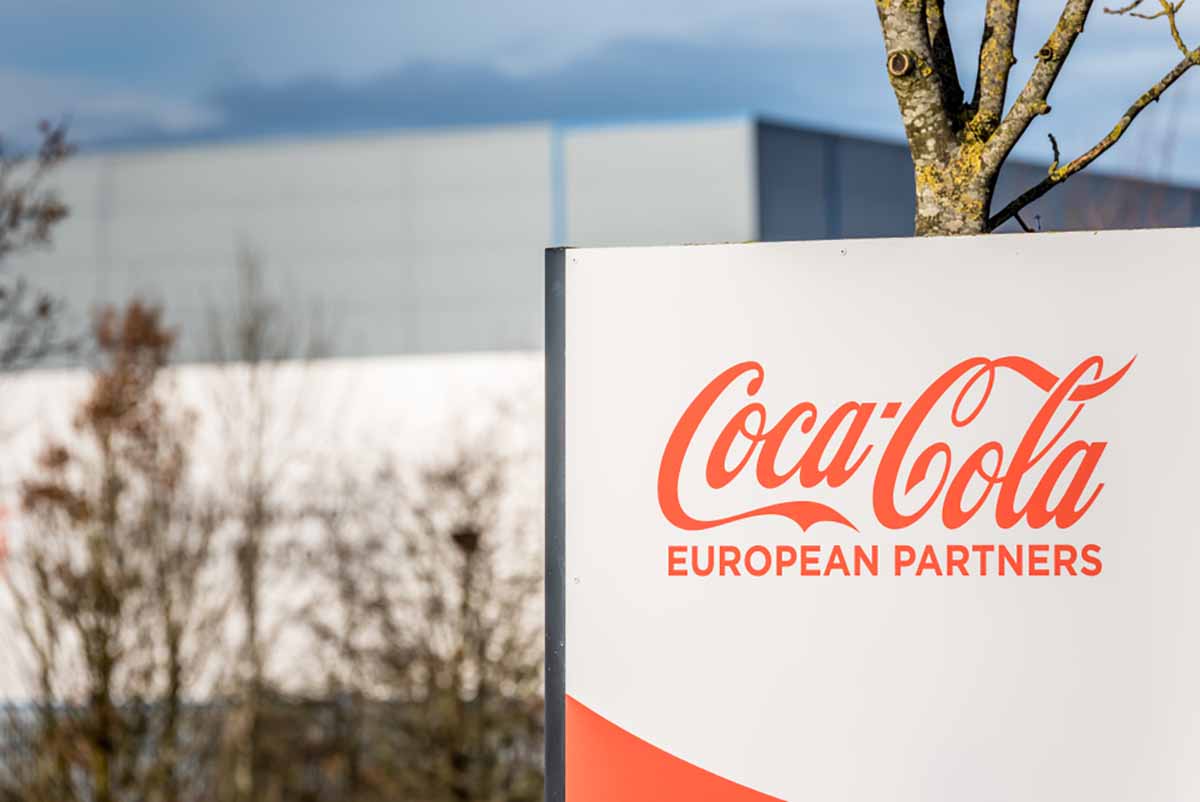
Coca-Cola European Partners announced that all bottles produced in Norway, which are made from about 25% recycled plastic currently, will hit 100% during the first half of next year. | Jevanto Productions/Shutterstock
The primary Coca-Cola bottler in Europe will use 100% recycled PET containers in the Netherlands and Norway, committing to consume millions of pounds of additional recycled resin per year.
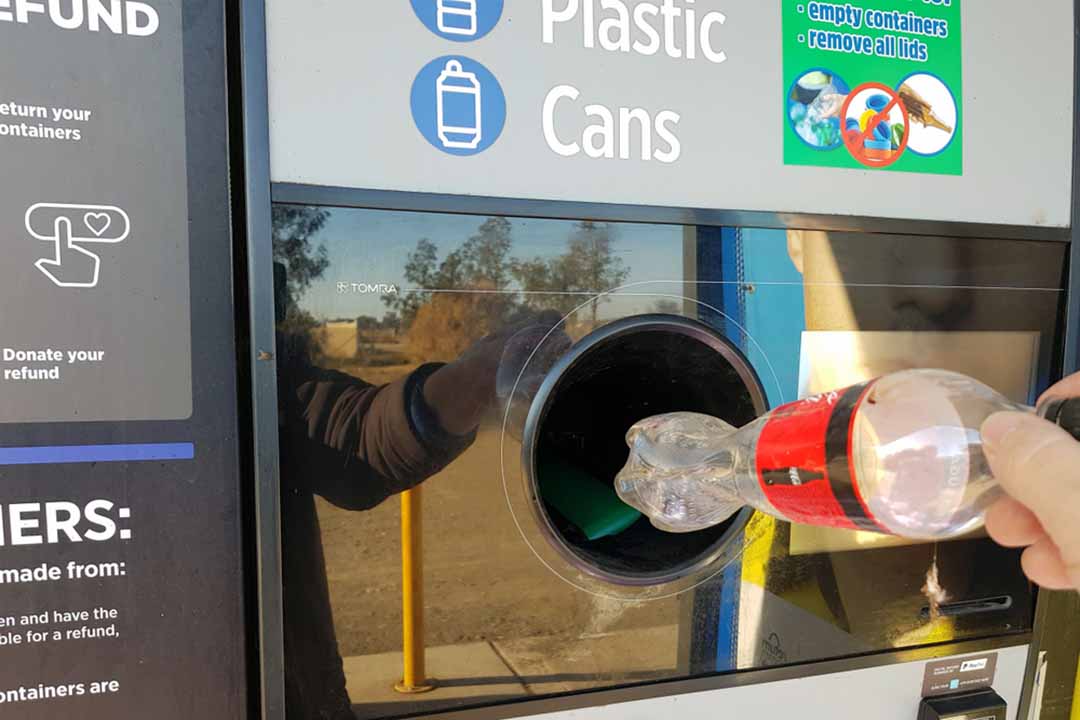
Many in the U.S. may be unfamiliar with reverse vending machines, because only 10 of 50 states have deposit redemption programs. | Karen McFarland/Shutterstock
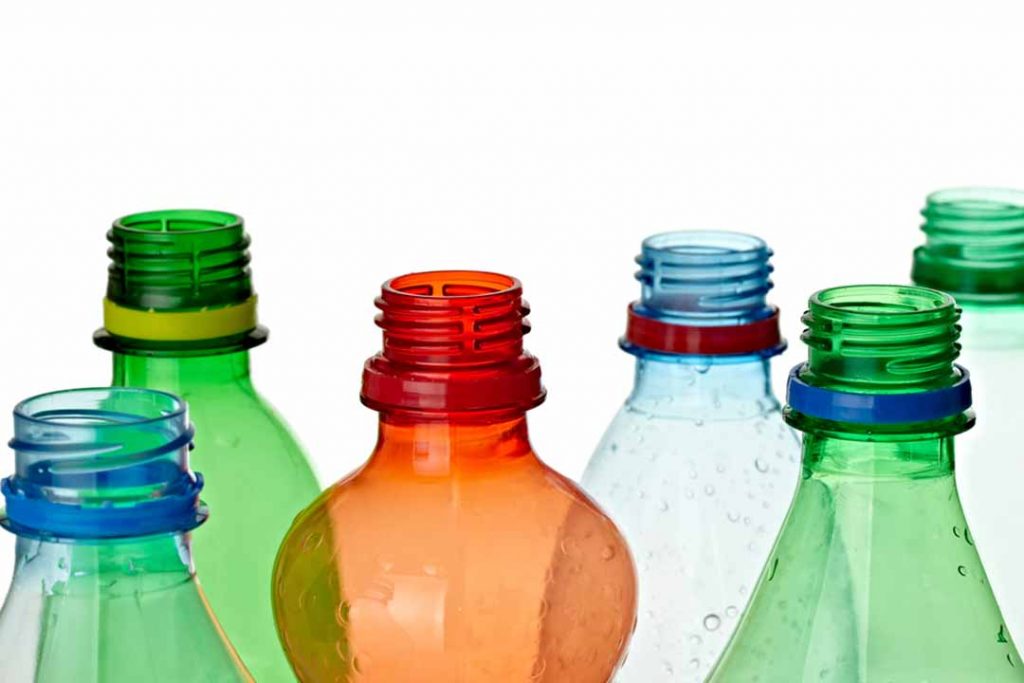
By material type, the percentage of plastic containers redeemed through the Oregon deposit program increased more than other materials in 2019. | Picsfive/Shutterstock
Consumers in Oregon last year returned 86% of all beverage containers covered under the state’s container deposit program, according to newly released figures.
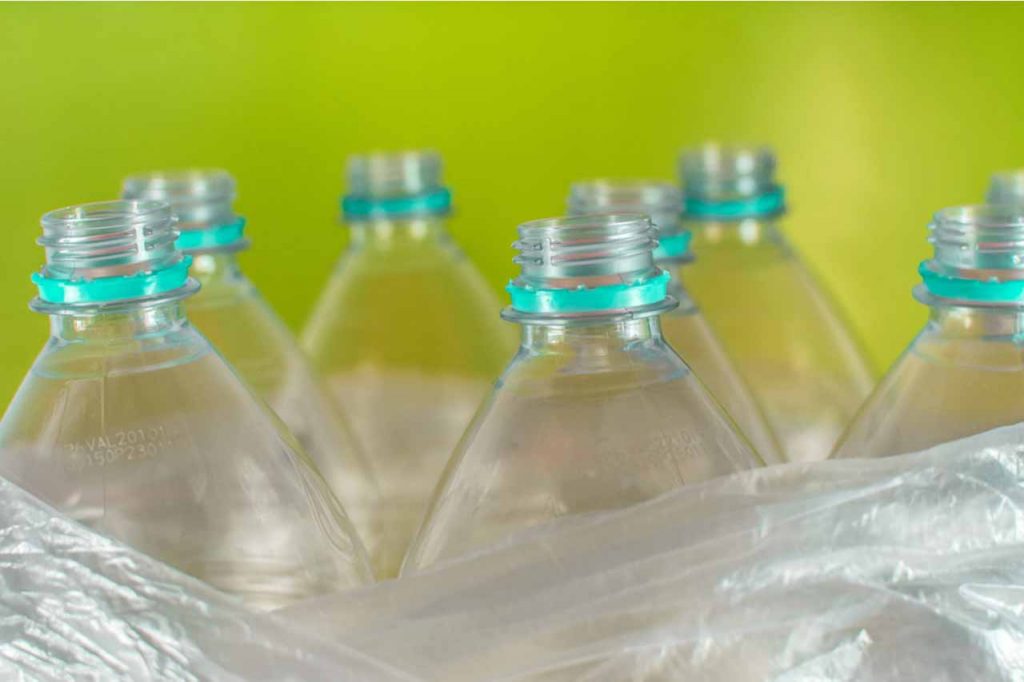
In Connecticut, retail redemption volumes were down 95% during the suspension period. | Thiago Figueredo/Shutterstock
Container deposit programs are starting back up following their COVID-19 downtime. Equipment supplier Tomra offered a look at how the process is playing out in Connecticut.
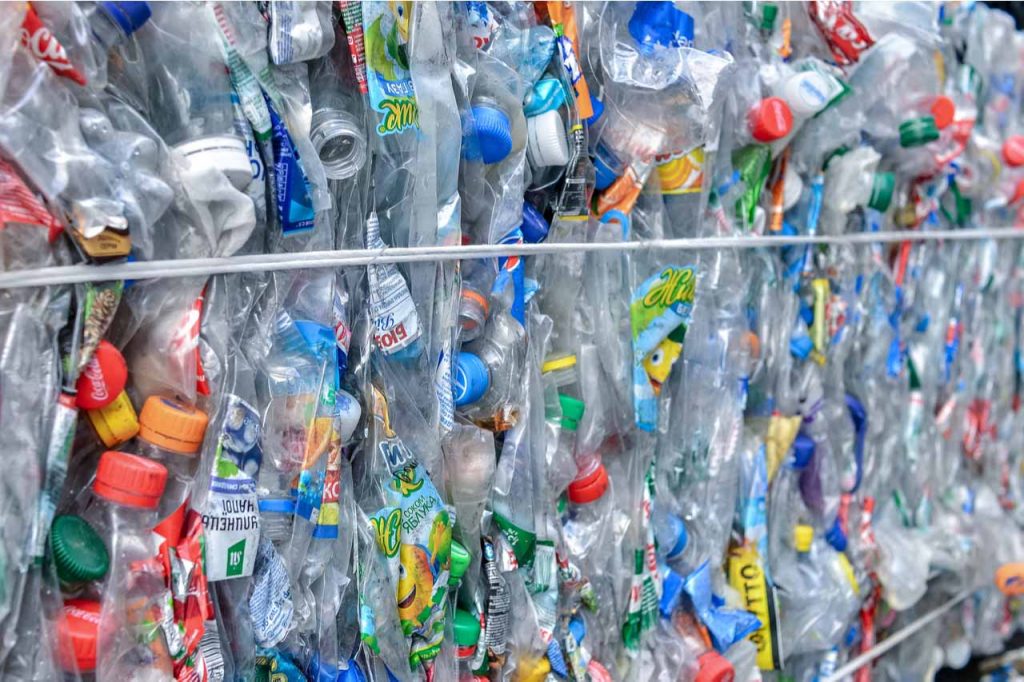
Day one of the virtual APR meeting featured discussions on market trends and more. | Vitaliy Kyrychuk/Shutterstock
Although they can’t meet in person, plastics recycling stakeholders this week are still coming together for the Association of Plastic Recyclers (APR) members meeting, being held online for the first time.
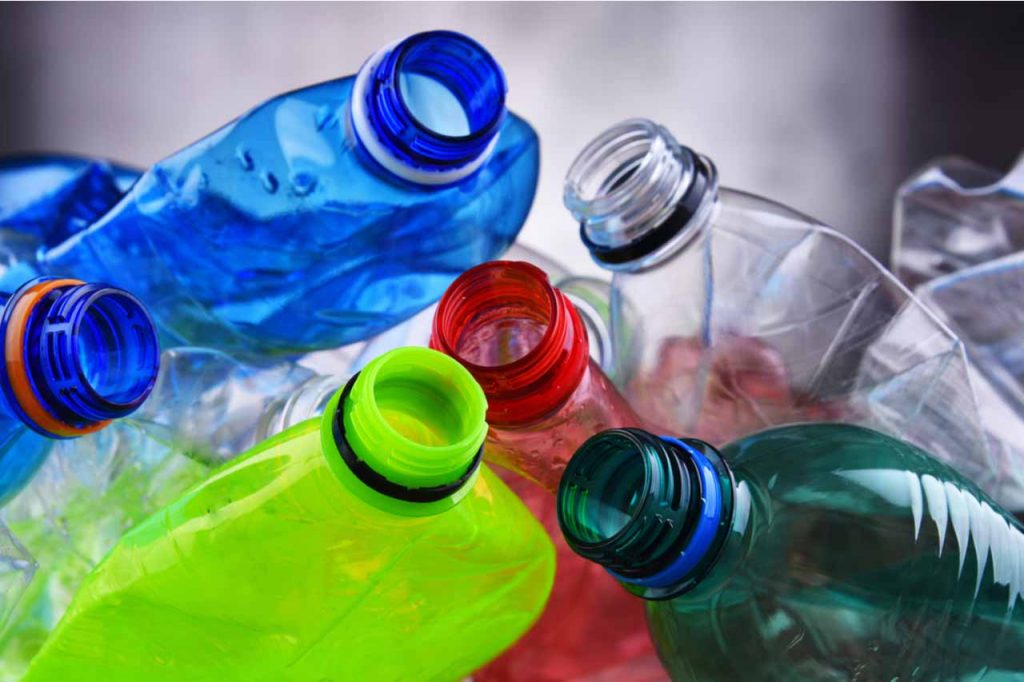
Connecticut will begin a phased-in deposit program resumption on May 20. | monticello/Shutterstock
Connecticut retailers will begin accepting deposit containers on a limited basis this week and will ramp up to full service early next month. COVID-19 disruptions to deposit programs continue in other states.
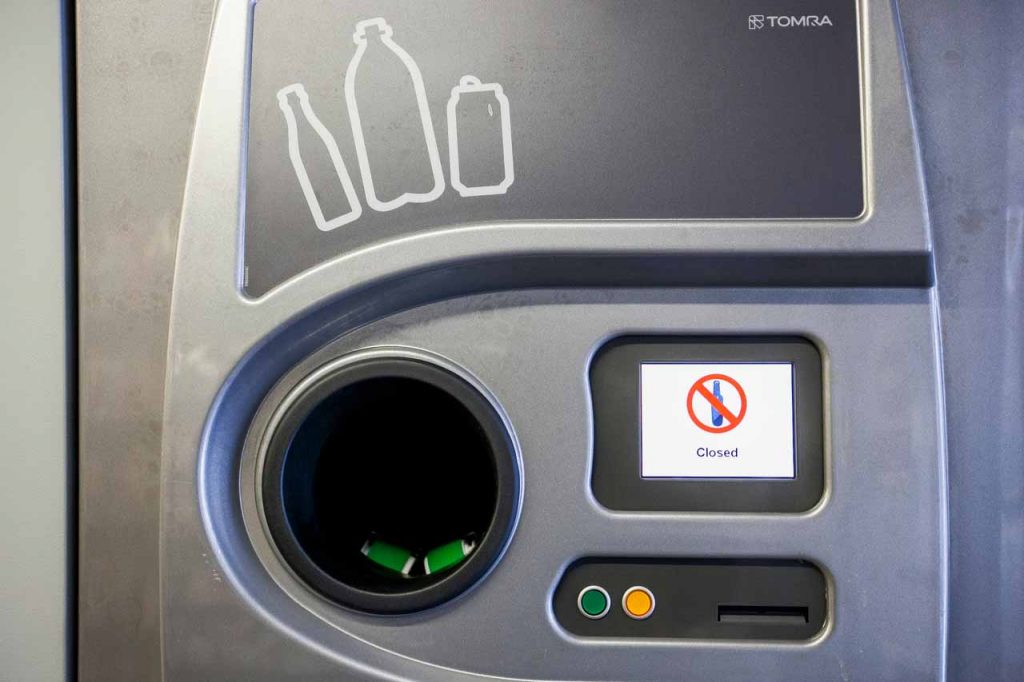
Eight out of the 10 states with container redemption systems have enacted temporary measures limiting deposit returns in some way. | Karolis Kavolelis/Shutterstock
Stay-at-home orders are hitting container deposit systems hard, leading to significant declines in the volumes of high-quality PET and other recyclables moving to material processors.
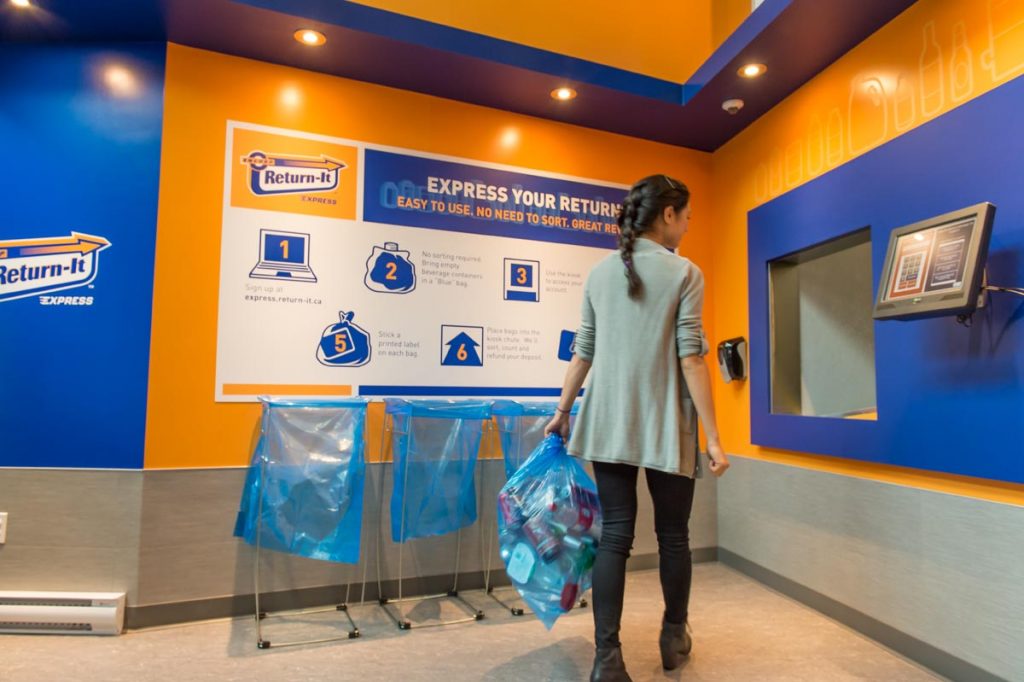
British Columbia residents recently gained access to the Return-It Express program, through which they can bag their containers and drop them off at one of 60 depots. | Courtesy of Encorp Pacific
The majority of beverage containers in British Columbia had their deposit values increase from 5 cents to 10 cents at the start of this month, creating more consistency in the provincial redemption program.
